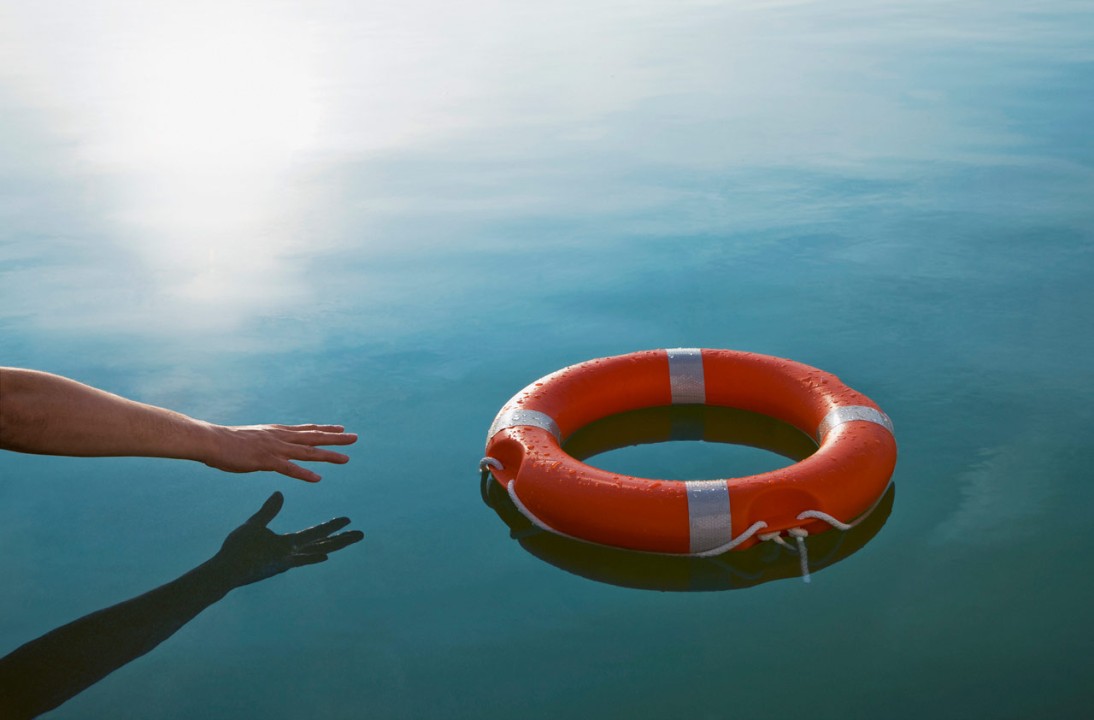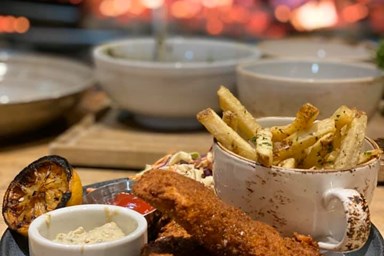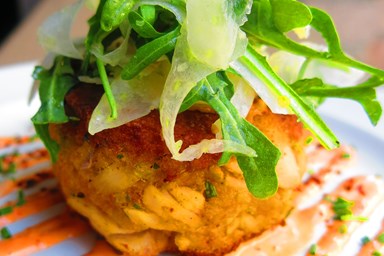Craig Morris , December 05, 2019
Seafood—and Wild Alaska Pollock—Aren’t Going to Lose the PR Battle Without a Fight

I read an article by Nina Unlay in the seafood trade publication Intrafish yesterday outlining her belief that the seafood industry hasn't done the best job of late of handling recent public relations crises. Nina admits that she is still relatively new to the "complicated world of seafood." But, she points to what she sees as a lack of empathy, lack of understanding of consumer perceptions and the over-usage of technical, scientific terminology and facts in explaining recent situations. It almost sounds like a page from my former red meat life.
I am no stranger, unfortunately, to crisis management. I’ve been on all sides of it and it’s never easy…on anyone. But, it’s often hardest on the industry brand and its reputation. As the old adage says, it takes a hundred years to build a reputation and 100 seconds to destroy it. While it might not happen that fast, inadequate crisis response can often lead to a world of hurt.
While Nina and I can agree on that, what we disagree on is her overarching premise that seafood is somehow losing the PR war. Present crises excluded, I think that seafood is working hard to get out there and tell its story. Thanks in large part to groups like the Seafood Nutrition Partnership, seafood is one of the few proteins with the scientific community arguing that consumers should eat more of it and not less. Much of our seafood is wrapped in attributes that truly meet consumers where they are and that gives us a certain measure of high ground from the start when PR crises occur.
Based on our research at the Association of Genuine Alaska Pollock Producers, or at GAPP as we like to call that mouthful, we have lots of things that are working for us in the media space relative to consumer protein choices: mild flavor, fresh tasting, flaky texture, wild caught, Alaska providence, good for your heart, low in fat, high in protein, versatile, easy to prepare, quick to cook, high in Omega-3, fits well as both a center of the plate and as an ingredient in other foods, sustainably managed, and the list goes on.
While I can’t speak for everyone, I can speak for Wild Alaska Pollock and what I can say is this: for all of those attributes listed above, facts and transparency matter. While Nina and I agree that leading with science and hard-hitting facts isn’t the best strategy in a crisis, it is often the best strategy the rest of the time. We’ve worked hard this year at GAPP to really understand the attributes that are most persuasive to consumers when choosing to purchase Wild Alaska Pollock and are now working to ensure that those attributes are above reproach and that we can answer—truthfully—any and all questions a consumer might have.
For example, we know that sustainability is a driving factor in purchasing decisions for affluent, educated millennials. These are the people most concerned about how their dietary choices are affecting the environment and the broader risks associated with global climate change. These are also the people that when we have sat down with in focus groups and discussed all of the attributes of our fish we have found most likely to be our evangelists—in other words, these are the folks we want picking up a package of Wild Alaska Pollock because they are the people who are seeking out brands with purpose and who will not only tell everyone in their circle why they are advocates, but even engage in social media in our defense when we come under question. But these future Wild Alaska Pollock evangelists need to have access to hard facts and research. They want the raw data behind the claims. They want those brand proof points.
So, in order to ensure that we’re not just talking the talk when we tell them our story, we’re undertaking and investing heavily in a comprehensive, industry-wide Life Cycle Assessment so that, for anyone who’s looking, we have the exact numbers about just how low our carbon footprint is. Fact.
We’re also working with partners across the Wild Alaska Pollock chain like the Nippon Suisan Kaisha, Ltd. who have conducted nutritional research about Wild Alaska Pollock to share that research and get it validated by more experts. We want to not only tell our story, but back it up. Facts matter. No fake news here.
If we tell a transparent, truthful and honest story 365 days a year, I believe that we’re better prepared to weather any storm that befalls us because we will have those evangelists on our side. But, to Nina’s point, that’s not enough.
As GAPP looks towards our next strategic plan for 2020-2021, we’re looking at how we can help the industry better, more proactively, prepare for crises. I’m a Boy Scout at heart and I think we all know that motto—but it rings true here. The more we can do in advance: to establish roles and responsibilities, protocols and pre-approved messaging, the better off we are when stuff hits the fan. Essentially if we all deploy the plan we have prepared for and, with everyone on message, often a very empathetic and human message, the story has difficulty getting legs and we have time for our evangelists to come to our defense.
I empathize with my brethren in the other parts of the seafood industry who are dealing with crises now as I’ve lived their challenges over my career more times than I care to count. And I agree with Nina that in those crisis-induced moments, we have to lead first with meeting consumers where they are and understanding their concerns.
We have to apologize…and mean it. And then we have to dust ourselves off and get back to business—pledging to do better and reporting back on our progress against that goal. But, often these PR events are won or lost before the crisis event even occurred. That is where the research, transparency and crisis planning all have a critical role.
That’s how you turn crisis into opportunity—taking the opportunity to prepare now for the inevitable crisis of tomorrow.

